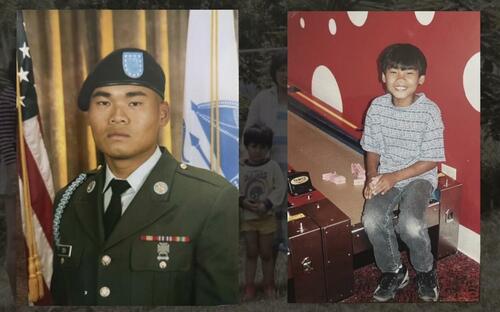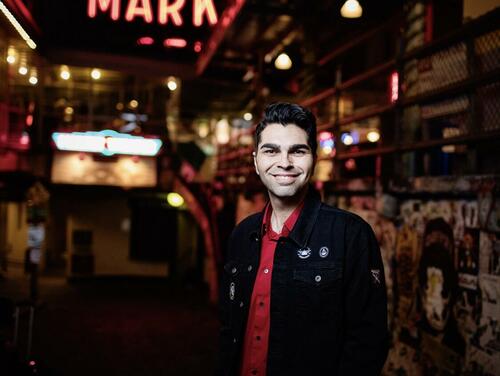„Manipulative Activist-Journalism”: Seattle Immigrant Coverage Goes From Journalism Into Criminal Advocacy
Seattle’s KING 5 News, once known for championing social justice causes during the height of the BLM movement, appears to have found a new mission: reshaping public perception of illegal immigration and criminal justice—sometimes at the expense of context, facts, and, frankly, journalistic integrity.
In a recent op-ed, Seattle-based commentator Jason Rantz called out the station for what he described as “manipulative activist-journalism,” pointing to a report by KING 5’s Sharon Yoo that profiles convicted felon Kimlis Tek, who now faces deportation after serving 15 years in prison.
At the center of the controversy is Yoo’s framing of Tek as a tragic figure—a man caught in the so-called “DOC-to-ICE pipeline,” subjected to “double punishment” by the U.S. immigration system. But as Rantz notes, this sympathetic portrayal leaves out key facts that paint a very different picture.
Yoo reportedly refers to Tek’s conviction as merely “assault,” a word that, stripped of detail, could mean anything from a bar fight to a shove on the street. But the court records, as Rantz outlines, tell a far more brutal story.
 Tek
TekTek was convicted of slashing his wife with a military-style, 7.5-inch knife, causing a gaping six-inch wound that severed muscle, required 28 staples, and left her with a permanent scar, Rantz writes. He didn’t stop there—he also violated a no-contact order, called her over 40 times, and attempted to manipulate her into skipping trial and lying on his behalf.
Yet, as Rantz rightly asks, “The idea that this was simply ‘assault’ is journalistically negligent—or purposefully deceptive.”
Yoo’s report allegedly centers the pain of Tek’s family while omitting nearly every detail of his victim’s experience. The scar, the trauma, the long rehabilitation—it’s all missing. Instead, viewers are fed a narrative that leans heavily into emotion and avoids the full truth.
Why? Because telling the full story would make it harder to present Tek as the poster child for the “double punishment” debate—a term activists use to argue that deporting someone after they serve time is excessive. But here’s the rub: that’s how the law works.
“If you’re a green card holder or here illegally and you commit violent felonies, you don’t get to stay,” Rantz writes. “That’s not some racist policy—it’s a basic standard of public safety.”
And he’s right. Public safety matters. If someone is convicted of a violent felony, especially against a domestic partner, and repeatedly shows contempt for the court system, why should they get a second shot at living in the country whose laws they violated?
 Rantz
RantzThis is where KING 5 crosses the line—from informing the public to influencing it. This isn’t just a one-off, either. Rantz points out that Yoo’s past stories follow a pattern: immigrants framed as victims, ICE as the villain, and criminal behavior either downplayed or skipped entirely.
KING 5’s “Facing Race” series, once focused on highlighting racial disparities, now seems to be pushing a broader activist agenda—this time for open-border proponents. It’s less about race, more about resistance: resistance to deportation, to immigration enforcement, and to any narrative that doesn’t paint law enforcement as the bad guys.
And while advocacy has its place in public discourse, journalism—especially on a major local broadcast station—should strive for balance. Omitting the disturbing facts of a violent crime while spotlighting tears from the convict’s relatives doesn’t inform the public; it manipulates them.
There’s a real debate to be had about immigration, second chances, and rehabilitation. But those conversations need to be grounded in facts—not selective storytelling designed to evoke sympathy without accountability.
If we’re going to talk about “double punishment,” we should also talk about double standards: one for everyday Americans who expect justice and safety, and another for convicted criminals framed as martyrs by activist-journalists.
Because as Rantz puts it, “This isn’t journalism. It’s propaganda.” And audiences—no matter their politics—deserve better.
Tyler Durden
Fri, 08/08/2025 – 22:10












